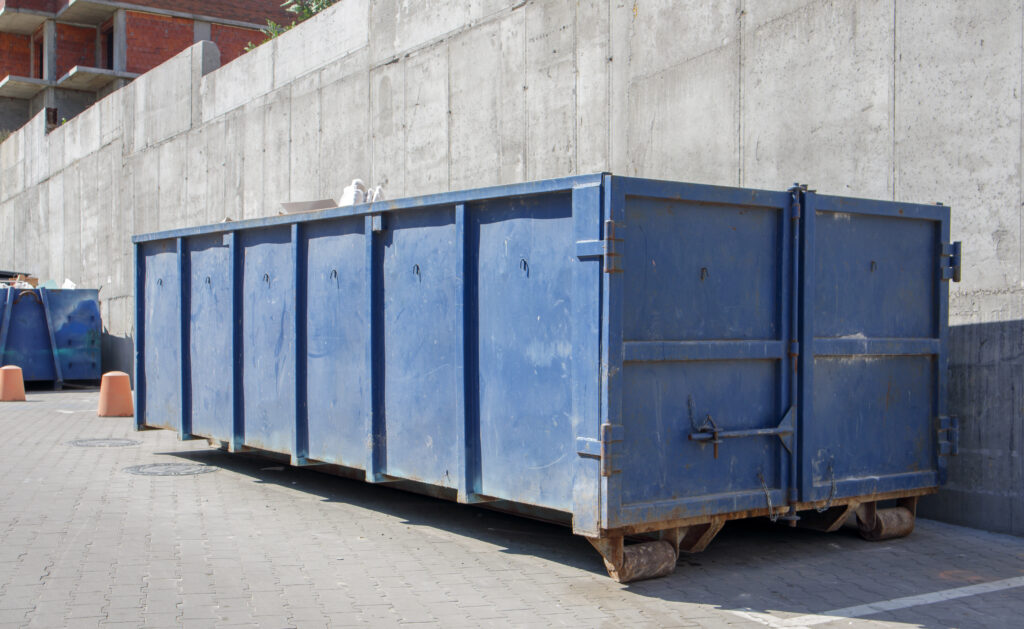Introduction:
Solar-powered trash compactors represent a sustainable solution for waste management, utilizing renewable energy to compact trash and optimize collection processes. However, the integration of smart technology further enhances their functionality, efficiency, and overall effectiveness. In this article, we explore how smart technology, including sensors, monitoring systems, and data analytics, is transforming solar-powered trash compactor by enabling waste level monitoring, remote diagnostics, and predictive maintenance.
Smart Technology Components:
The integration of smart technology in solar-powered trash compactors involves several key components:
1. Sensors: Sensors play a crucial role in collecting real-time data about the trash compactor’s status and performance. These sensors can measure various parameters, including waste level, temperature, humidity, and pressure. For example, ultrasonic sensors are commonly used to monitor waste levels within the mobile compactor, providing accurate data for optimization purposes.
2. Monitoring Systems: Monitoring systems receive data from sensors and analyze it to provide insights into the compactor’s operation. These systems can be installed locally on the compactor or accessed remotely via a centralized platform. They enable real-time monitoring of compactor status, waste levels, and operational metrics, facilitating proactive management and decision-making.
3. Data Analytics: Data analytics tools process the data collected by sensors and monitoring systems to identify patterns, trends, and anomalies. Advanced analytics techniques, such as machine learning and predictive analytics, can forecast future compactor performance, optimize waste collection routes, and predict maintenance needs. By harnessing the power of data analytics, operators can improve compactor efficiency and reduce operational costs.
Enhanced Functionality and Efficiency:
The integration of smart technology enhances the functionality and efficiency of solar-powered trash compactors in several ways:
1. Waste Level Monitoring: Smart sensors continuously monitor the fill level of the compactor, providing real-time data on waste accumulation. This enables waste management teams to optimize collection schedules based on actual demand, reducing unnecessary pickups and optimizing resource allocation. By minimizing collection frequency, operators can lower fuel consumption, vehicle emissions, and operational costs.
2. Remote Diagnostics: Smart monitoring systems enable remote diagnostics of compactor performance and health status. Operators can access real-time data and receive alerts about potential issues or malfunctions, allowing for timely intervention and preventive maintenance. Remote diagnostics help minimize downtime, improve compactor reliability, and extend equipment lifespan, ultimately enhancing operational efficiency.
3. Predictive Maintenance: Data analytics tools can analyze historical performance data to predict future maintenance needs and identify potential failure points. By proactively addressing maintenance issues before they escalate, operators can avoid unplanned downtime, reduce repair costs, and optimize compactor reliability. Predictive maintenance strategies maximize equipment uptime and minimize disruption to waste collection operations.
Case Study: Integration of Smart Technology in Mobile Compactors
Company: GreenTech Waste Solutions, Saudi Arabia
GreenTech Waste Solutions, a leading waste management company in Saudi Arabia, deployed a fleet of solar-powered mobile compactors equipped with smart technology to optimize waste collection operations in urban areas.
Challenge:
GreenTech Waste Solutions faced challenges related to inefficient waste collection routes, high operational costs, and limited visibility into compactor performance.
Solution:
To address these challenges, GreenTech Waste Solutions partnered with a technology provider to integrate smart sensors and monitoring systems into their mobile compactors. The smart technology enabled real-time monitoring of compactor fill levels, remote diagnostics of equipment health, and predictive maintenance scheduling.
Outcome:
The integration of smart technology transformed GreenTech Waste Solutions’ waste collection operations, leading to significant improvements in efficiency and cost savings. By optimizing collection routes based on real-time data, the company reduced fuel consumption and vehicle emissions. Remote diagnostics capabilities enabled proactive maintenance, minimizing downtime and enhancing compactor reliability. Predictive maintenance strategies further improved equipment uptime and reduced repair costs, ensuring uninterrupted waste collection services for customers.
Conclusion:
The integration of smart technology in solar-powered trash compactors revolutionizes waste management practices by enabling real-time monitoring, remote diagnostics, and predictive maintenance. By harnessing the power of sensors, monitoring systems, and data analytics, operators can optimize compactor efficiency, reduce operational costs, and minimize environmental impact. As the adoption of smart technology continues to grow, solar-powered trash compactors will play a vital role in sustainable waste management solutions, driving efficiency and innovation in urban environments.







